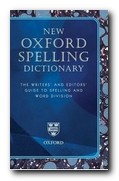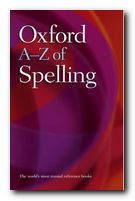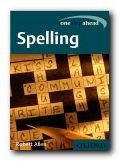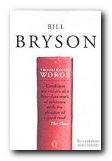free pages from our English Language software program
Capital letters – definition
![]() Capital letters are used to show the importance of particular words.
Capital letters are used to show the importance of particular words.
![]() They are always used for proper nouns (people’s names) ; at the start of sentences ; and for places and events of a public nature.
They are always used for proper nouns (people’s names) ; at the start of sentences ; and for places and events of a public nature.
Examples
- He entered the room, accompanied by Christine Bowman.
- John wrote a letter to the Bishop of Chester.
- We will visit Sherwood Forest at Easter this year.
Use
![]() Capital letters are always placed at the beginning of a sentence.
Capital letters are always placed at the beginning of a sentence.
![]() They are also used to indicate names and titles, as well as holidays and well-known public places.
They are also used to indicate names and titles, as well as holidays and well-known public places.
![]() NB! Avoid continuous capitals.
NB! Avoid continuous capitals.
THEY LOOK VERY UNSIGHTLY AND ARE HARD TO READ
![]() Capitals are used to denote the names of particular or special things.
Capitals are used to denote the names of particular or special things.
days of the week Wednesday, Friday places East Anglia rivers the river Mersey buildings the Tate Gallery institutions the Catholic Church firms British Aerospace organisations the National Trust months of the year April, September
![]() However, when such terms are used as adjectives or in a general sense, no capital is required:
However, when such terms are used as adjectives or in a general sense, no capital is required:
the King James Bible / a biblical reference
Oxford University / a university education
the present Government / governments since 1967
![]() Capitals are used when describing intellectual movements or periods of history:
Capitals are used when describing intellectual movements or periods of history:
Freudian – Platonism – Cartesian – the Middle Ages
the Reformation – the Enlightenment
![]() They are also used in the titles of books, plays, films, newspapers, magazines, songs, and works of art in general. The normal convention is to capitalise the first word and any nouns or important terms. Smaller words such as ‘and’, ‘of’, and ‘the’ are left uncapitalised:
They are also used in the titles of books, plays, films, newspapers, magazines, songs, and works of art in general. The normal convention is to capitalise the first word and any nouns or important terms. Smaller words such as ‘and’, ‘of’, and ‘the’ are left uncapitalised:
A View from the Bridge
The Mayor of Casterbridge
North by Northwest
The Marriage of Figaro
![]() Notice the difference between the same term used in a general and a particular sense:
Notice the difference between the same term used in a general and a particular sense:
The children’s Uncle Fred is seventy.
Their uncle is the oldest in the family.
Self-assessment quiz follows >>>
© Roy Johnson 2003
English Language 3.0 program
Books on language
More on grammar
 You can improve your spelling skills by reading and writing as much as possible – and checking your written work.
You can improve your spelling skills by reading and writing as much as possible – and checking your written work.


